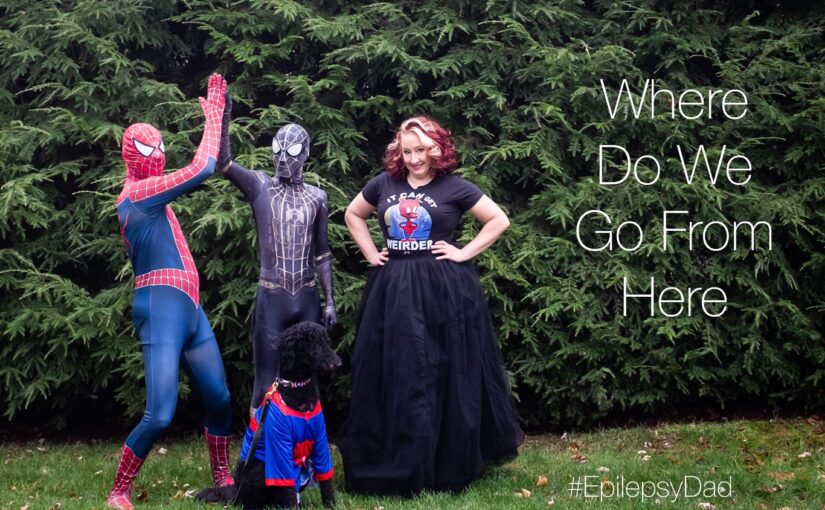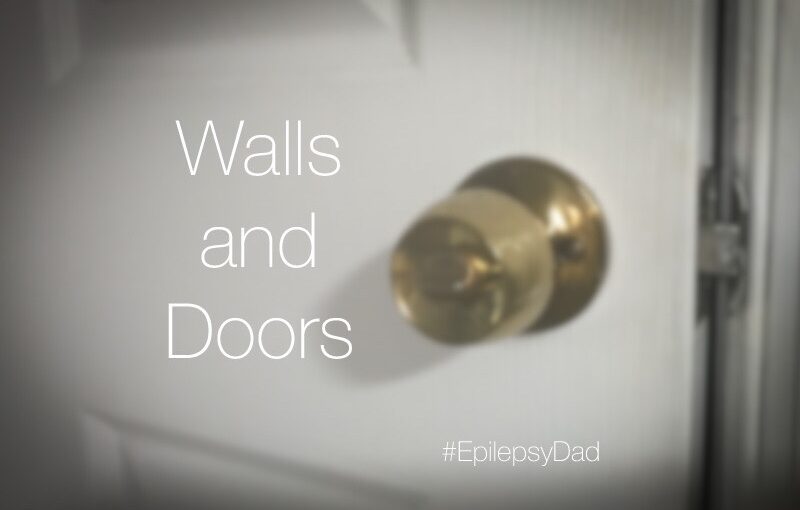What unfolded in Congress last week wasn’t just political strategy — it was a performance. A performance where many were aware of the potential damage this bill could cause, and still chose to go along with it anyway.
The new tax-and-spending bill is massive, packed with everything from tax breaks to military funding. But hidden inside are deep cuts to Medicaid — the very program that supports families like mine. It’s a lifeline for children with disabilities, for the elderly, for rural hospitals. And yet, that lifeline was negotiated away like a bargaining chip in the final hours before a holiday break.
What struck me was how many others clearly wrestled with their conscience — and still voted yes. They voiced concerns in the press. They called the process rushed. They acknowledged the human cost. And then they folded. They let themselves be swayed by late-night tweaks, vague promises, or political loyalty. They did what was easiest, not what was right.
This isn’t new. But it’s still devastating.
When I read about lawmakers huddling under blankets in the Senate chamber at 3 a.m., fueled by carrot cake and caffeine, I couldn’t help but feel the disconnect. I know a different kind of 3 a.m. — one spent next to a hospital bed, watching your child attacked by seizures as doctors huddle over him trying to save his life.
It’s easy to stand tall when the cameras are rolling, when your party is watching, when your vote aligns with power. It’s much harder to stand up when you’re standing alone — when your vote might cost you political capital, or a committee seat, or an invitation to the next fundraiser, or the favor of a narcissistic, fascist dictator.
But that’s what courage demands.
Senator Chuck Schumer said it plainly: “They didn’t have the courage, they didn’t have the backbone to vote with the people of their states.” Some senators voted in “obeisance to Donald Trump and his billionaire buddies,” even when their constituents — the ones in hospital beds, the ones relying on Medicaid for cancer treatment or seizure meds or speech therapy — were the ones who stood to lose the most.
We’ve been in this fight too long to pretend this doesn’t hurt. I’ve filled out the Medicaid renewal forms while sitting on the floor of a hospital room. I’ve seen the costs of the pills, therapies, and surgeries that kept my son alive and have given him a life worth living. These programs, flawed as they may be, are holding up families like mine. If they cut it down, what’s left?
This wasn’t just cowardice. It was a performance of leadership with no real cost to the performers. But for families like mine, the cost is very, very real.

